For background screeners, being able to access court records on demand is critical – particularly for criminal records! The real-time, online access that some courts provide can expedite background checks and provide consumer reporting agencies a way to differentiate themselves with faster turnaround times and lower costs (or higher profit margins!).
With automated court record research becoming the new standard and paving the way to the future of the background screening industry, it’s important that you understand what on-demand court record research is and what it entails.
At Tessera Data, we’ve been working on making court data more accessible for decades. Our team of data experts know the ins and outs of access to various court systems and how to best access on-demand court records. Let’s get started!
What are on-demand court records?
On demand court records, also known as automated court records, allow you to search public court records directly from the courts that use online record-keeping systems. This means you have direct court data access for civil cases and criminal cases, including misdemeanor and felony convictions, at your fingertips to expedite your court records research with real-time results.
Learn more about how Tessera leverages on-demand court records in our Automated Criminal Records product line.
What are the alternatives to using on-demand court records?
Court records on demand provide a valuable alternative to requesting paper files for court cases. To receive paper files, it requires going in person to the clerk of court’s office in the county where the case is. This can be done by you or by a hired third party, often called a court runner.
In either situation, this manual court-record-retrieval process can be time consuming and more expensive than accessing court records online. That’s where on-demand court records have come in to modernize court records research and pave a way for the future.
Learn more about using automated court records and court runners: The Clear Strategy: Using Automation and Court Runners for Faster Court Data
Understanding the United States Court System
To appreciate the ins and outs of online court data access, you first must understand the United States court system, at least at a high level, and how on-demand court records are created, processed, and found.
Unfortunately, the United States court system is extremely complex and challenging to navigate, especially with two different types of court systems: federal and state. Both of these then include three different levels of courts: trial courts, appellate courts, and a supreme court.
These three levels then can also include multiple courts within them, each having their own jurisdiction. To make matters even more complicated, there are also Criminal Courts and Civil Courts in each jurisdiction.
What is a jurisdiction?
Jurisdiction refers to a court’s authority to hear court cases and make legal decisions. This includes determining if it is a federal or state court case as well as verifying the court’s geographical scope. Cases typically all start at the trial court level regardless of jurisdiction.
Federal Court System
Generally, the federal court system hears cases involving federal statutes, constitutional questions, and disputes of a certain value between people from different states. It is made up of a number of courts, including 94 US District Courts, 13 Circuit Courts or US Courts of Appeals, and of course, the US Supreme Court.
State Court System
State court systems vary by state and mostly handle criminal cases, probate cases dealing with wills and estates, contract cases, tort cases like personal injury, family law, etc.
As each state is able to determine its own court system, there are similarities and differences across the board, but in general, you’ll find three levels of courts: State Trial Courts, State Appellate Courts, and State Supreme Courts. States typically also have County Courts and even Municipal Courts.
On rare occasions, decisions related to federal matters made in a State Supreme Court can be petitioned to the US Supreme Court.
Want to learn more about state court structures? Check out this map and click into any state to see how it has structured its court system. It will really enlighten you to just how difficult our court system can be to navigate!
Criminal Courts
Criminal courts deal specifically with those who have committed a crime. They are almost always prosecuted by the state for having broken one of the state’s laws. In these courts, alleged criminals will be prosecuted and punished, resulting in criminal court records which are valuable in most background screenings.
Civil Courts
Civil courts, on the other hand, are typically between private citizens or companies that may be suing each other to seek reparations for wrongdoings. The outcome is generally to assign blame based on the facts and opinions at hand to compensate those who were wronged. Civil records can be valuable for certain types of background screenings.
What makes online court record research so challenging?
As you can tell based on the US court system, court record research can be very involved, particularly if you’re working at scale with hundreds or thousands of individuals or court cases to look up!
To better comprehend why on demand court data access continues to be challenging, even with all of the technology available today, let’s take a deeper look at what we are working with.
1. Number of Courts
With the complexity of the United States Court System and all the different tiers and jurisdictions of courts, there are a lot of court data sources. We’re talking about thousands of jurisdictions that can include federal courts, state courts, county courts, municipal courts, criminal courts, civil courts, appellate courts, etc.
Making court data available on demand requires accessing each of the individual courts you want records from. With thousands to work with, it can be extremely time consuming to get up and running with on-demand court access!
2. Paper and Automated Court Information
To complicate the matter further, not all jurisdictions use automated court systems to make their court records available electronically. This makes online court record research additionally challenging to identify which courts are available and which are not. Those without automated court information can be accessed only in person or via court runner.
3. Format of Court Records
Each jurisdiction also uses its own format for its court records. This could be a scanned paper file, a PDF, a web page, or other variable formats. Having to find and read these different formats can make it quite challenging to pull on-demand court records from disparate sources.
4. Fragmented Data
Even if you can access all the required court records electronically and standardize their layout, the data can be fragmented. This means there could be limited personally identifiable information (PII) available on each court record, making it incredibly difficult to ensure the record you’ve found belongs to the individual of interest, not to mention if a court case goes from court to court—say, from trial court to appellate court–you have multiple court records for that individual case!
Learn more about the importance of PII with The Ultimate Matching Game of Personal Identifiers.
How to Overcome Court Record Challenges
With so many challenges associated with on-demand court records, how can they be used to your benefit? It’s pretty simple, actually. Work with a people-data provider that specializes in on-demand court research. It’ll handle the complexities behind the scenes, allowing you to focus on pulling the court data you need quickly and accurately.
Tessera Data has been leading the way in on-demand court records for decades with our Automated Criminal Records product line. Offering over 7,300 jurisdictions on demand, our team of data experts focus on fast court access with standardized and easy-to-read data layouts. We also have teams focused on reviewing our processes and the incoming data on a daily basis to help bolster data quality and empower you to get the criminal court records you need, when you need them.
Not sure about on-demand criminal court records and the details you’ll receive from them? Contact us to learn more about our Automated Criminal Records product. We offer a full Source List and Tier Maps that break down the jurisdictions we cover and the types of information and PII you’ll receive back from your searches.
Get started with on-demand criminal court records now by connect with our sales team. Let’s talk!




